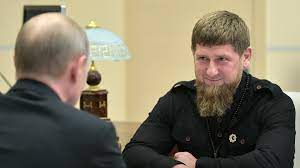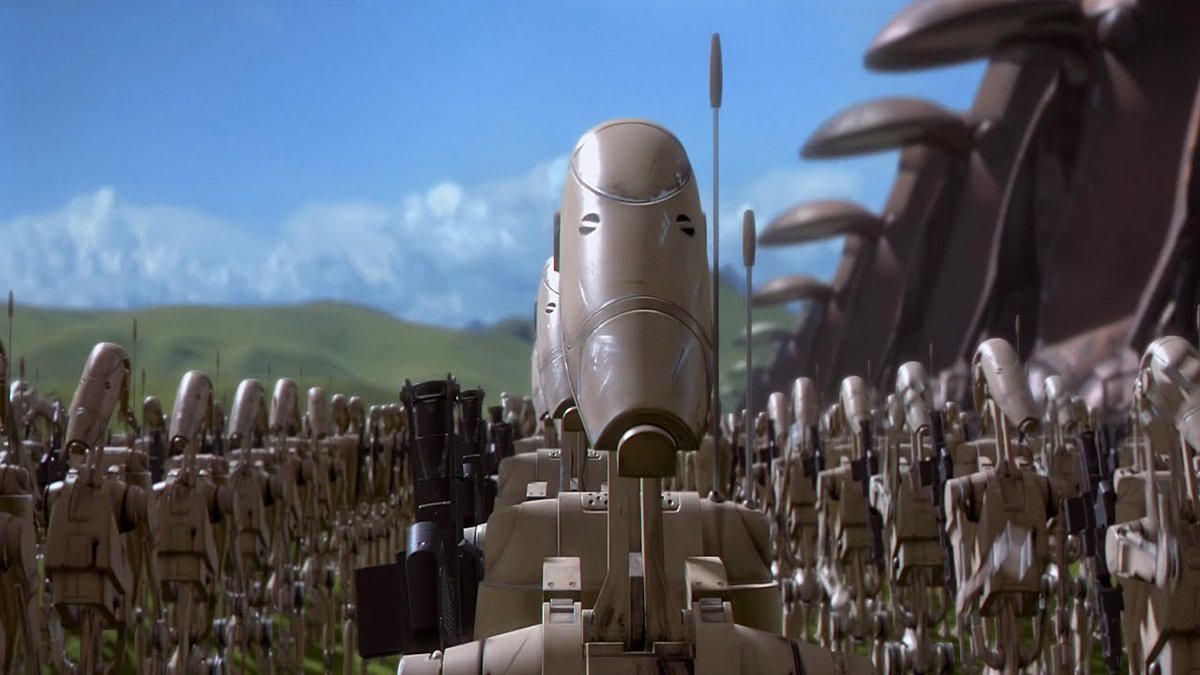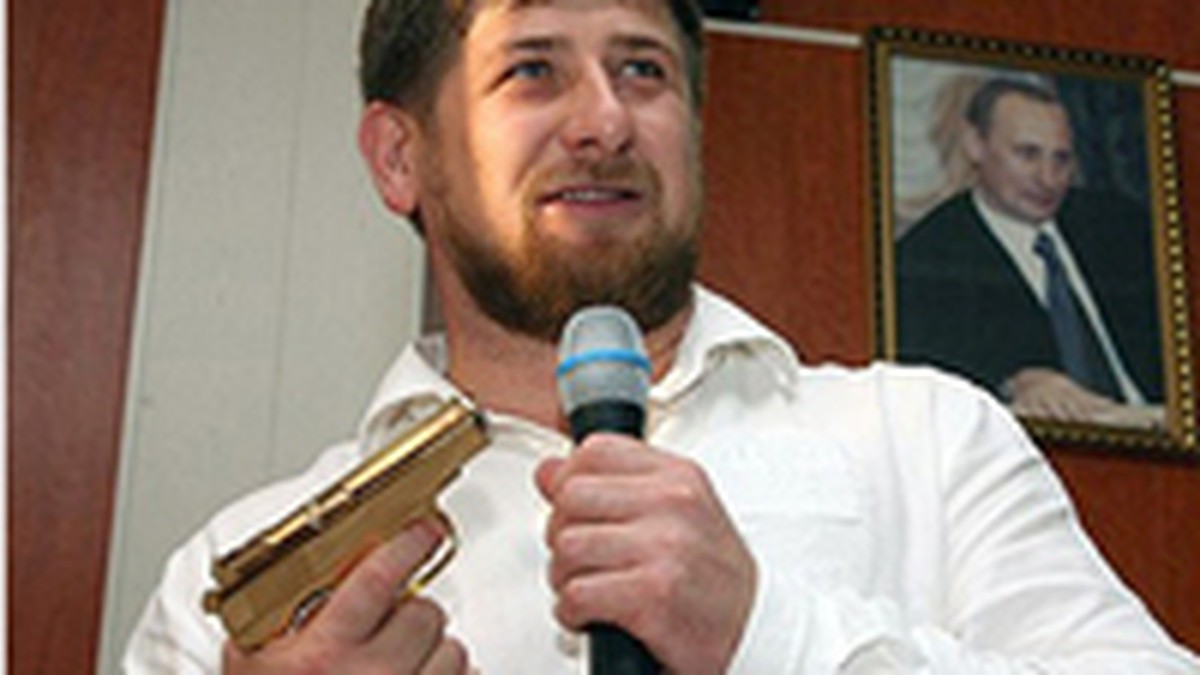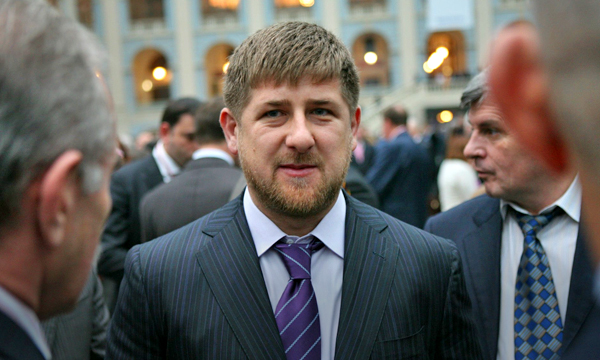Native Siberians and North Caucasians* are hugely overrepresented among the Russian casualties in Ukraine. Consider these estimates of the Free Buryatia Foundation. It looks like Russia is ready to fight till the last indigenous person, solving two problems at once 

* There is however an exception in the North Caucasus. It is Chechnya. Compare two neighbouring regions Chechnya and Dagestan. Chechnya has 1,5 million people, Dagestan has 3,1 million. Despite being just about 2 times more populous than Chechnya it has 40 times more casualties 

What does it mean?
1. Dagestanis fight in the regular Russian army, comprising disproportionate number of troops and of casualties in Ukraine
2. Chechens do *not* fight in the regular Russian army. Whatever badges they have, it doesn't matter. They're the Kadyrov's personal army
1. Dagestanis fight in the regular Russian army, comprising disproportionate number of troops and of casualties in Ukraine
2. Chechens do *not* fight in the regular Russian army. Whatever badges they have, it doesn't matter. They're the Kadyrov's personal army
It's very important to understand the difference between the authority-based formalised and bureaucratic Russian army and the power-based informal Chechen army. Ofc Chechens have some kinds of documents and badges. But in the Chechen army it doesn't matter at all 

Among from Kadyrov's three top aides it is Delimkhanov who is constantly seen in Ukraine. Notice that Kadyrov didn't send the Lord who commands his army or the Patriot who commands his personal guard. He sent Delimkhanov who leads his personal team of assassins in Moscow 

In normal times the Lord and the Patriot stay with Kadyrov in Chechnya. They have job there. But Delimkhanov normally stays in Moscow as an MP of the Russian Parliament. He doesn't show up in parliament often, cuz he needs it for the formal status and legal immunity 

Delimkhanov has been an MP of the Russian parliament since 2007. For 15 years he never ever gave a speech. But he was suspected in organising murders of:
- Movladi Baysarov
- Sulim Yamadayev
- Boris Nemtsov
and killing or trying to kill many others in Moscow, Dubai, Turkey, etc
- Movladi Baysarov
- Sulim Yamadayev
- Boris Nemtsov
and killing or trying to kill many others in Moscow, Dubai, Turkey, etc

What is interesting here is that Movladi Baysarov and Sulim Yamadaev were both Chechen rebels who switched to the Russians, like Kadyrov. Baysarov was formally an officer of FSB and Yamadaev - of GRU. It didn't help them. Both were killed and FSB did nothing 

Why? Well, Carl Schmitt explained it far better than I ever could. He gave the most beautiful definition of a colony:
"A colony is country's territory from the perspective of the international law, but it is a foreign territory from the perspective of the domestic law"
"A colony is country's territory from the perspective of the international law, but it is a foreign territory from the perspective of the domestic law"

From the perspective of the international law Chechnya is just a regular Russian territory. From the perspective of Russian formal law, too. BUT. Nobody in Russia thinks this way. Not a single person believes that Chechnya is really Russia 

While Russian formal law and the international law, Chechnya is Russian territory, Russians *really* view it as a foreign territory. Which makes it a classic colony according to the Carl Schmitt's definition. It is a personal kingdom of Kadyrov in personal vassalage to Putin 

It is personal Kadyrov's vassalage to Putin that explains the special status of Chechnya within the Russian Federation. Kadyrov proclaimed himself a "Putin's infantryman" and stressed that he is loyal only personally to Putin and to nobody else. That's personal informal relation 

It's clear why Kadyrov needs this relationship. It's the sole basis of his power. Without Putin he won't live for long. But why Putin needs it? Well, Russia is so formal and authority-based structure that you *need* some informal power-based element within to keep power 

This guy on the left, Zelimkhan Israilov, had been constantly based in Moscow. Where was he based? In President Hotel ofc 

President Hotel serves as the main Chechen barracks in Moscow. Up to 200 militants are living here permanently. FYI, it's not just a regular hotel. It's a hotel located across the Moskva river from Kremlin. It belongs to the Directorate of the President of the Russian Federation 



Location of a Chechen barracks in the hotel belonging to the Directorate of the President so close to the Kremlin doesn't look like a random decision at all. It looks very deliberate. They're purposefully located so near, so that they would be always available 

Available for what? Well, first of all obviously for the everyday business - for the assassinations. They have to do assassinations for Kremlin and I'm not sure how well they're compensated. In return, they are allowed to do "business" = violent entrepreneurship purely for profit 

More importantly however, I strongly suspect that they're kept in Moscow for a much more important reason. They're the last line of defence for the regime. Purely formal structures are super fragile. You must have an informal element within to make the system more robust 

Consider the following. In 1917 Russian Empire had the largest army in the world all of whom swore to give their life for their Tsar. Did it help him? It didn't. When general Alexeev telegrammed Russian generals with a question would they support his abdication, 100% supported 

I lied. In fact, two generals rejected the plans of abdication and offered their services to drown the mutiny in blood:
Khan Hussein of Nakchevan
Count Fyodor Keller
Not a single Russian general remained loyal to the beloved Tsar. Only an Azeri Shia and a German Lutheran did

Khan Hussein of Nakchevan
Count Fyodor Keller
Not a single Russian general remained loyal to the beloved Tsar. Only an Azeri Shia and a German Lutheran did


Now consider 1991. Where were the Soviet officers who swore to give their life for the socialism? Here you see as they are dismantling Dzerzhinsky's monument in front of the KGB/FSB HQ. It's full of armed KGB officers who worshipped Dzerzhinsky. Not a single one intervened 

We have a paradox. In 1917 Russia had the largest army in the world and in the 1991 the second largest. In 1991 it also had the largest and strongest state security with the entire Moscow and nearby filled with operatives and Special forces. Not a single one lifted a finger 

That's a paradox of a hyper centralised regime. It looks robust on a surface. But it's not robust, it's just hard. In reality, it's fragile. And the more centralised it is, the more fragile it becomes. Centralisation extirpates *any* agency, be it pro- or against the regime 

Let me give you an example. During the Korean War my grandpa who was a young Komsomol member came to the local office and told that he wants to volunteer:
- How do you dare to offer yourself as a volunteer. If the Party wants, it will send you as a volunteer, - was the answer
- How do you dare to offer yourself as a volunteer. If the Party wants, it will send you as a volunteer, - was the answer

Some presume that centralisation extirpates anti-system agency. That's wrong. It extirpates any ability for agency at all, be it pro- or anti regime. Formalised, centralised systems turn their members into the army of droids who just can't show any initiative themselves
Some presume that Bolsheviks won Russia with millions of soldiers during the major fields battles of the Civil War, 1918-1921. That's wrong. In in early 1918 Lenin declared:
"We must bring to the village the Civil War that just finished in our cities"
He thought the war is over
"We must bring to the village the Civil War that just finished in our cities"
He thought the war is over

And it was over. In late 1917 Bolsheviks took over the major urban centres, most importantly Moscow and St Petersburg with only hundreds of militants. After they did that it was almost impossible to defeat them. After that they had total superiority till the end of the war 

Interestingly enough, Moscow, St Petersburg and other major cities had tens of thousands of decommissioned or serving officers, not counting the file and rank. They were many times more numerous than the Bolsheviks. And they did nothing. Most of them were shot later 

Reading the memories of the very first days of the Soviet era is funny. Like Bolsheviks took control of a southern city. The Cheka secret police ordered all the officers to register. And they indeed came to the Cheka to register! 

"It was winter. The queue for the registration was long. Officers argued and quarrelled for the places in that queue. They were many times more numerous than Cheka operatives. If they just dared, they could capture the Cheka. But they didn't. I couldn't look at those cowards" 

Calling them cowards may not be fair. Most fought in a war and risked their lives. But they did it under a formalised and centralised system which extirpated their agency. Once the system has fallen, the military turned into sheep and obediently came to register for the execution 

Let's sum up. Observers are wrong about the super centralised regimes when they think they command loyalty. Nope. They command obedience, which is totally opposite. An obedient person will be obedient to anything as 1917 and 1991 showed most spectacularly 

Mughals understood that. Consider that there were too large ways of promoting the Hindus to the upper ranks: first under Akbar and then under Aurangzeb. What is interesting is that Akbar predominantly promoted Rajputs and Aurangzeb - Marathas. The promoted those they fought with 

Of course Akbar and Aurangzeb's decision to promote their hard enemies was largely motivated by the desire to get rid of such an enemy. But it could be also motivated by a desire to gain truly useful vassals (worked with Rajputs). Ultimately, you can rely only on what can resist 

Putin's decision to create a vassal kingdom out of Chechnya can be motivated by very similar considerations. Chechens proved they can resist. Therefore, they can be relied upon. Russians on the other hand are too obedient and this are unreliable. They'll be obedient to anyone 

This line of reasoning could explain the decision to quarter the Chechen barracks across the river from the Kremlin. When Putin's power is shaking the army won't help. And even the FSB & FSO might not help, not in a sense that they rebel but in a sense that they'll wait who wins 

Yeah, they can give their word that they'll support you under any circumstances. But they or their fathers took an oath of fealty to defend the socialism at the cost of their life. And?...
The oath of a Russian officer is a white noise. It's not worse a damn and Putin knows it
The oath of a Russian officer is a white noise. It's not worse a damn and Putin knows it

Chechens in President Hotel are different. Not in a sense that they worship Putin, that's simply not true. They're often mocking him privately. But they:
1) have agency, unlike Russians
2) have no choice, unlike Russians
Which makes them Putin's last line of defence. End of🧵
1) have agency, unlike Russians
2) have no choice, unlike Russians
Which makes them Putin's last line of defence. End of🧵

If you are interested in Chechnya, you can look up my earlier thread with a very short introduction into its history
https://twitter.com/kamilkazani/status/1497612331953577991
• • •
Missing some Tweet in this thread? You can try to
force a refresh





